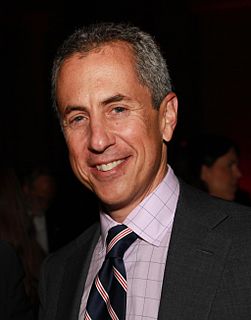A Quote by David Graeber
Adam Smith actually took all his best ideas and lines from sources from medieval Persia. But one thing he doesn't take is the underlying assumption they have that the basis of a market is mutual aid.
Related Quotes
Man is appealed to be guided in his acts, not merely by love, which is always personal, or at best tribal, but by his perception of his oneness with each human being. In the practice of mutual aid, which we can re-trace to the earliest beginnings of evolution, we thus find the positive and undoubted origin of our ethical conceptions; and we can affirm that in the ethical progress of man, mutual support- not mutual struggle- has had the leading part.
Smith, as we have said, was not the proponent of any one class. He was a slave to his system. His whole economic philosophy stemmed from his unquestioning faith in the ability of the market to guide the system to its point of highest return. The market — that wonderful social machine — would take care of society's needs if it was left alone. "Consumption is the sole end and purpose of all production," he wrote.
In my book, 'The Big Three in Economics,' I found that the press has frequently and prematurely written the obituary of Adam Smith and his free-market philosophy, only to see a new and more vibrant global marketplace reemerge after being savagely attacked by Keynesians, Marxists, and assorted socialists.
If you go back to Adam Smith, you find the idea that markets and market forces operate as an invisible hand. This is the traditional laissez-faire market idea. But today, when economics is increasingly defined as the science of incentive, it becomes clear that the use of incentives involves quite active intervention, either by an economist or a policy maker, in using financial inducements to motivate behavior. In fact, so much though that we now almost take for granted that incentives are central to the subject of economics.
The part of capitalism that doesn't work for me is when capitalists make decisions in the way that Adam Smith suggested, which is that as long as you do everything in the interest of the investor, you're going to actually make the best decisions for all other stakeholders. I don't happen to agree with that.
Adam Smith's uncritically enthusiastic modern disciples portray his invisible hand theory as saying that market forces reliably harness selfish individuals to serve the common good. That's often true, but as Darwin recognized clearly, many traits that serve the interests of individual animals make life more difficult for larger groups.






































